Feminist Interpretation Of The Bible
Since its origins in the women's liberation movement, feminist exegesis has been subject not only to the demand to identify the oppressive functions of biblical texts but also to contribute to the liberation of women. What biblical texts can serve this process of liberation-for which women, under what conditions, and in what manner? What roles do categories such as woman, gender, liberation, freedom, Holy Scripture, church, and theology play? This book originated from a symposium with feminist biblical experts from over twenty countries from five continents. It provides a striking and imaginative depiction of the questions central to feminist exegesis and the hermeneutics of liberation. It also provides a lively example of the kind of global discussion of the Bible and liberation that can take place among women from around the world. Typical of this discussion is the confrontation with questions such as contextuality or the diversity of feminist biblical interpretation (whether of theological or non-theological nature), and clear positions are taken with regard to issues such as the termination of anti-Judaism in feminist biblical interpretation or the dangers of neo-colonial domination in feminist-theological studies.
{{comment.content}}
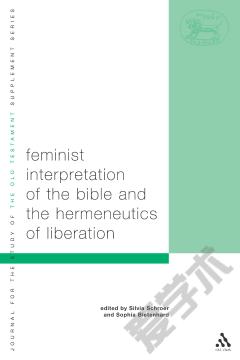

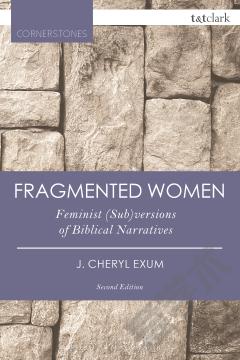

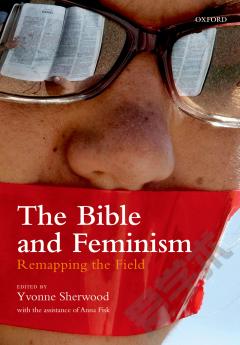
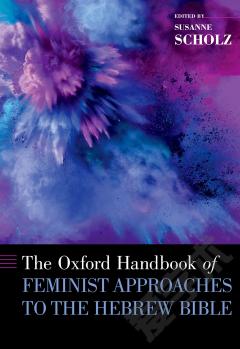
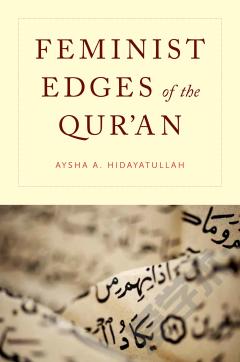

 京公网安备 11010802027623号
京公网安备 11010802027623号